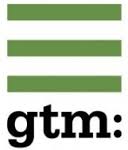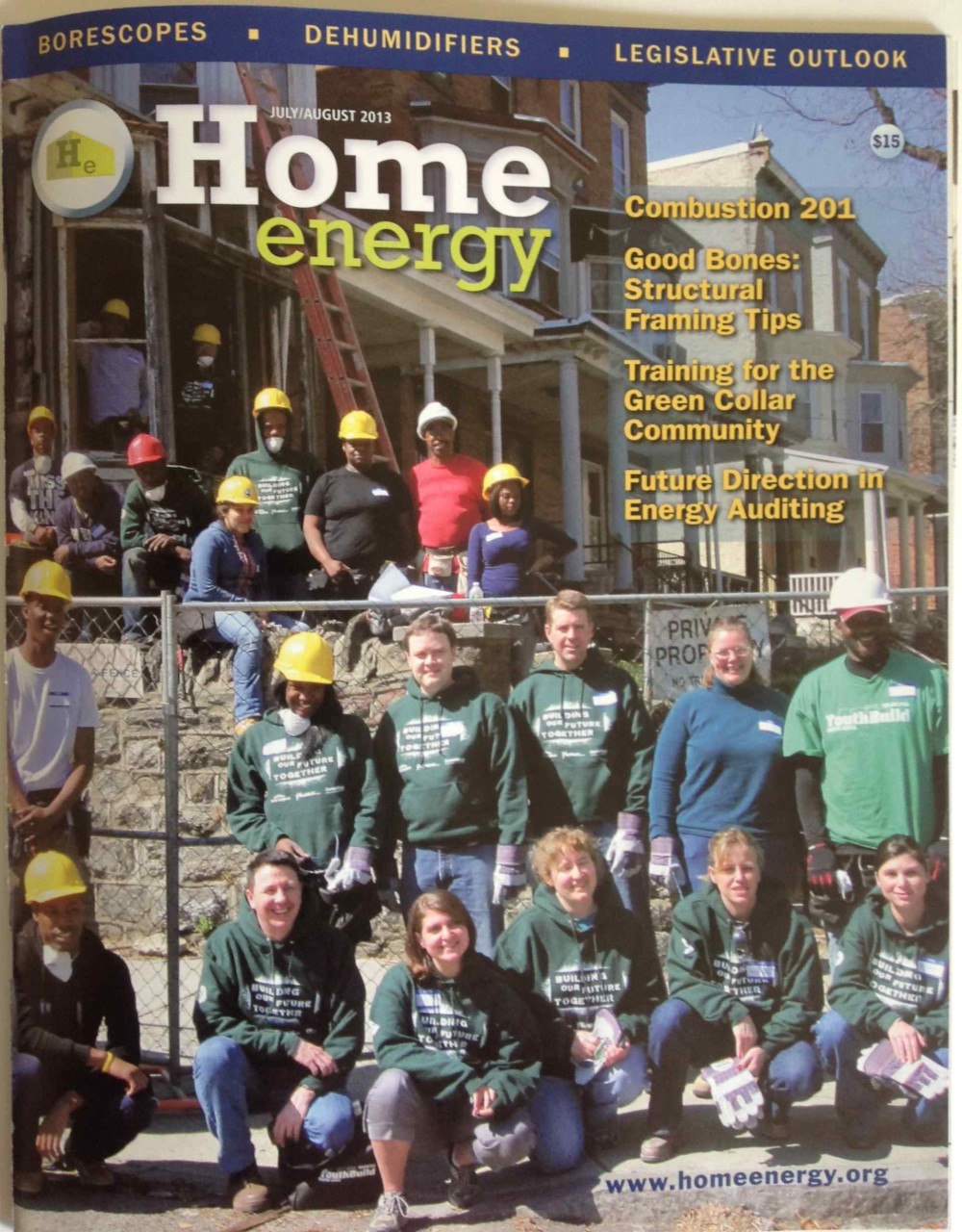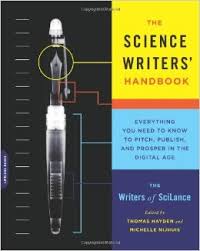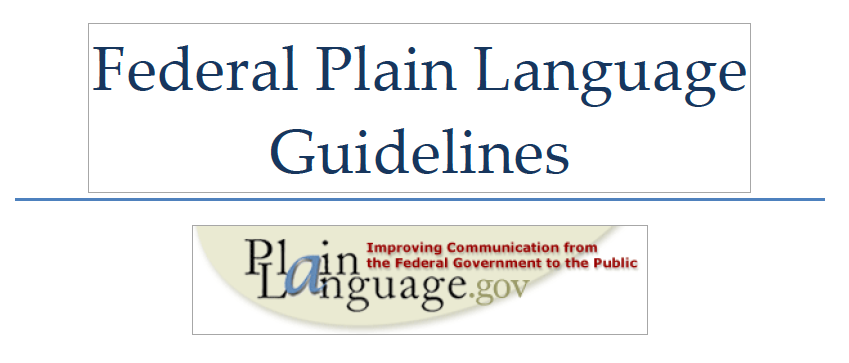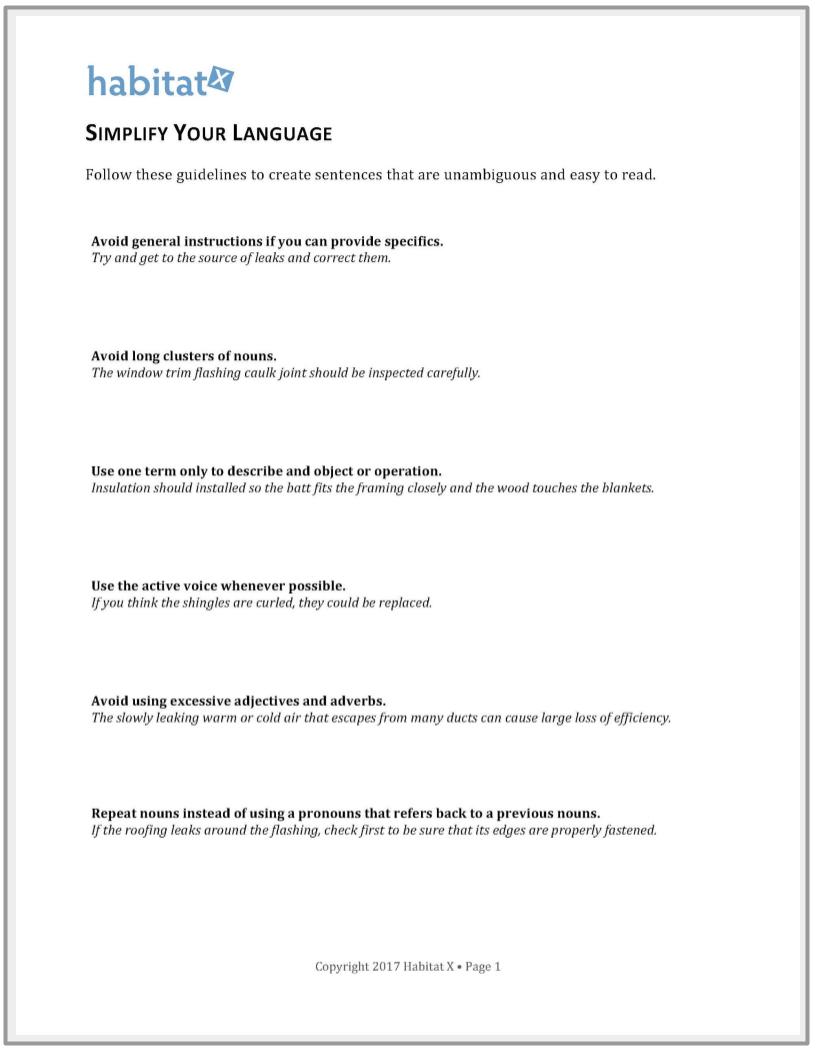
This content first compiled for the Habitat X Sessions at the 2107 HPC Home Performance Conference.
We’ve always focused on media skills at the Habitat X Conferences. That’s because we firmly believe that good communication is a defining characteristic of the best professionals in any industry.
We’ve discussed this issue for an entire generation now: the home performance industry suffers from a broad misunderstanding among consumers. Much of this shortfall is simply caused by poor communication and imperfect media skills. We’ve all seen the technologically proficient journalist who doesn’t understand how to transfer their knowledge effectively to their readers. The same can be said about educators, as they strive to communicate with their students, or any professional who hopes to communicate with their co-workers. With a world of knowledge to impart, they cannot effectively accomplish their work.
The good news is that great communication can be learned — and like an athletic pursuit, you’ll benefit from both practice and exposure to talented practitioners. If you’d like to learn more, and fine-tune your media skills, consider joining us at the 2018 Summer National Conference at Big Sky Montana.
— Chris Dorsi and Griffin Hagle
Article: The 3 Words Guaranteed to Make Your Writing Better
Author Todd VanDerWerff writes in Vox about simple ways to convert information into stories, and so win over the reader. The three words that he profiles really do hold an important key to good storytelling (spoiler alert: he’ll tell you that the one phrase you should consider dropping from your vocabulary is “and then”.)
Our take-away: We think this a good read, and worthy of the few minutes it’ll take to digest it. Then we suggest that you stop thinking about topics — or at least get them figured out and put behind you — and get on to the storytelling that’s at the core of the best writing.
Podcast: The Energy Gang
GreenTech Media, the organization that hosts the Energy Gang Podcast, has really aced the art of new media. Hosted by experts Stephan Lacey, Katherine Hamilton, and Jigar Shah, the podcast is smart, fast-moving, and super relevant to the home performance industry. Tune in, and let them keep you up to date!
Short form article: Grassroots And Grass: How Sacramento Became The Center Of Zero-Energy Housing
This article was recently published at Fast Company by Griffin Hagle. It walks that careful edge dictated by modern short-form journalism: a simple observation about a compelling topic, a peek into the motivations of the people involved, and multiple open-ended reasons why the reader should find the story relevant and memorable.
Long form article. Power to the People: Why the Rise of Green Energy Makes Utility Companies Nervous
This artful article was published by Bill McKibben, the founder of the grassroots climate campaign 350.org, in The New Yorker, one of the most widely distributed literary journals in America. He uses the long form to good advantage (the article runs over 5000 words) by stating a premise, hinting at possible conclusions, but then letting several well-developed characters tell the story for him. Any science writer would be proud to have written this — find a comfortable chair and sink in!
How-to article: Telling the Story of Home Performance
This article was originally published by Chris Dorsi in Home Energy Magazine. It follows the premise that we’re all engaged in the business of education, whether we recognize it or not, and that, most people want, at a basic level, only a few things in this life: comfort, security, and social status among them. It’s includes plenty of specific advice to help you fine-tune your own communication, and to craft different stories for different audiences.
Book: The Science Writers Handbook
This little gem is packed with nuts-and-bolts advice for people who make their living writing about technical topics. It’s nice to have some company — and realistic advice — when you’re trying to understand the somes-cryptic and always-changing world of modern publishing. Written by a compendium of talented and successful journalists, this book provides that support for a lot of us.
Our take-away: If you want to make a living as a writer, you’ve gotta have some help. Consider this to be a self-help manual for how to avoid dead-end endeavors and stupid mistakes.
Booklet: Federal Plain Language Guidelines
We’ve spent a lot of time studying communication skills that emphasize succinct and accurate language. One our best resources for improving both written and spoken language is the Federal Plain Language Guidelines. This document is so well written that you can learn plenty by just reading the Table of Contents.
Highly technical language can get in the way of effective communication. But using plain language does not prevent you from using the accurate and appropriate language — in fact, your consistent use of accurate terminology will help readers by avoiding the confusion of multiple meanings for a single topic. Word variety is a great thing if you’re a novelist, but not if you’re a technical writer or trainer.
Our take-away: Don’t worry about the stuffy sounding name of this publication – it’s actually full of useful tips that are relevant to all of us – whether you’re a journalist, trainer, or sales-person.
Or learn more here at the Plain Language website.
Practice: Plain Language Exercise
This fill-in-the-blanks writing exercise will help you recognize and practice plain language writing skills. Plus, it’s just fun to fix the lousy sentences we created for this worksheet.
The Summary Principles
We’ve found that most journalists, educators, and sales-people — indeed, anyone who needs to communicate with others — can polish their communication skills substantially by focusing on these key principles.
Get Past the Topic and on to the Story
We all want to focus on the details of what we know, especially when our expertise is in a technical field. But the truth is that very few people really want to know about all the bloody details of the knowledge that you and others have gathered. We’re all human, and so most readers want to learn about the humanity of your topic.
Keep it Simple
Complexity is the enemy of understanding, and readers who are faced with a topic they cannot grasp may cease to learn at all. But most understanding, especially in technical topics, is tiered. Once you learn one set of ideas, you can then move on to the complicated stuff. When you keep it simple, you can introduce each concept more effectively to your readers, and then move on to the harder stuff.
Know Your Subject
This may seem obvious. But time and time again we’ve seen that the best writers know their subject well — and so they have less tendency to wander off-topic and cause confusion among their readers, colleagues, and students.
Here’s the key difference between good journalists who simply know their topic, and great journalists who are an inspiration to their readers. Great journalists recognize that their expertise must extend beyond their subject matter to cultural observation and human understanding itself. They see the macro view: the topic itself plus the topic’s relationship to human needs, culture, and cognition.

